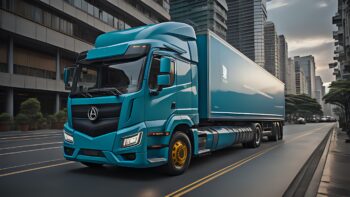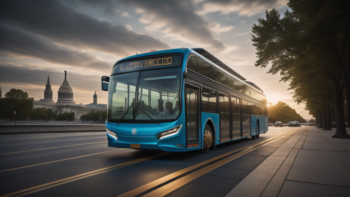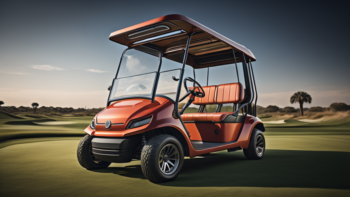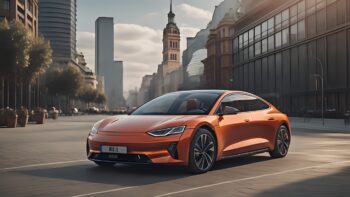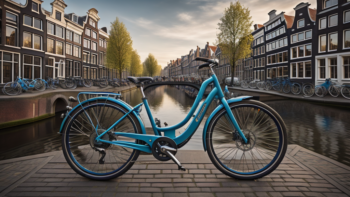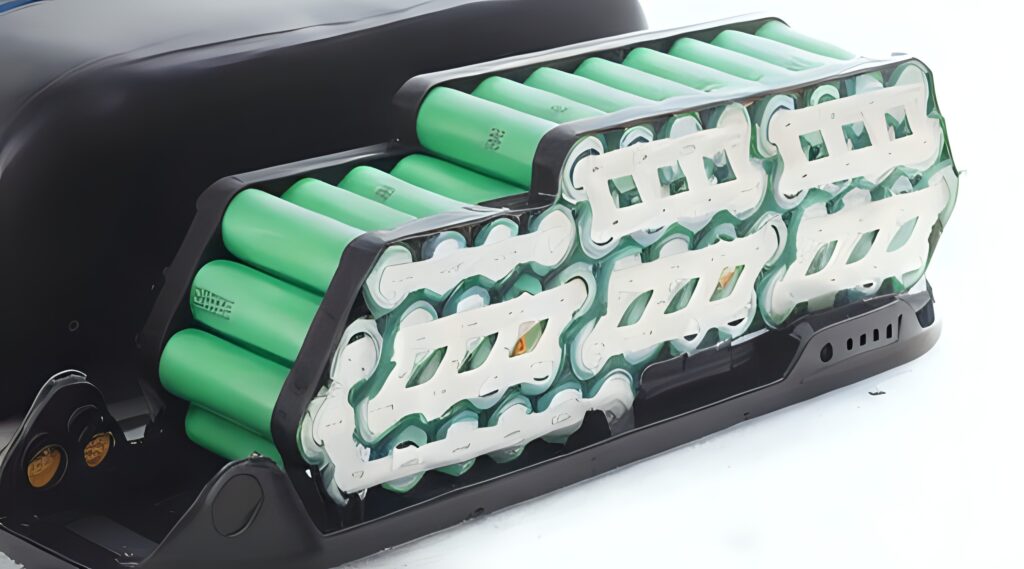
Electric Scooter Battery Manufacturers
Listing Category by product
Global Electric Scooter Battery Manufacturers: Leading innovation in sustainable urban mobility
Global electric scooter battery manufacturers are at the forefront of revolutionizing last-mile transportation with advanced battery technologies. Specializing in lightweight, high-capacity batteries, these companies are transforming urban mobility solutions. With a strong focus on energy efficiency and battery longevity, they are enabling the widespread adoption of electric scooters as a convenient, eco-friendly, and cost-effective alternative for navigating congested city streets.
Understanding electric scooter battery
Electric scooter batteries are the heart of electric scooters, providing essential power for propulsion and promoting eco-friendly urban transportation. Here’s an overview of the key features of electric scooter batteries:
1. Lithium-Ion Chemistry
The majority of electric scooters are powered by lithium-ion batteries due to their high energy density, lightweight design, and long lifespan. These batteries offer the perfect balance between performance, weight, and cost, making them ideal for electric scooters’ power needs.
2. Voltage and Capacity
Electric scooter batteries come in various voltages and capacities to accommodate different rider needs. Common voltages range from 36V to 72V, while battery capacities vary from 10Ah to 30Ah or more, depending on the scooter model and usage requirements. Higher capacity batteries enable longer travel distances.
3. Range and Performance
The range of an electric scooter is heavily influenced by the battery’s capacity and efficiency. Larger capacity batteries allow for longer trips on a single charge. Additionally, the battery’s power output directly impacts the scooter’s acceleration, top speed, and overall performance.
4. Charging Infrastructure
Electric scooter batteries can be recharged using standard AC outlets or dedicated charging stations. Charging times vary depending on battery capacity and charger type, with fast chargers able to replenish the battery in as little as a few hours.
5. Maintenance Requirements
Electric scooter batteries require minimal maintenance compared to internal combustion engine scooters. However, basic maintenance, such as ensuring proper connections and keeping the battery clean and dry, is essential for optimal performance and longevity.
6. Environmental Impact
Electric scooter batteries contribute to reducing air pollution and greenhouse gas emissions compared to traditional gasoline-powered scooters. By eliminating tailpipe emissions, electric scooters help improve air quality and decrease the environmental impact of urban transportation.
7. Cost Considerations
The cost of electric scooter batteries varies based on factors such as chemistry, voltage, capacity, and brand. While lithium-ion batteries are more expensive upfront, they offer lower operational costs and longer lifespans than older technologies like lead-acid batteries, making them a more cost-effective choice in the long term.
8. Innovation and Future Trends
Continuous advancements in battery technology aim to enhance energy density, charging speed, and overall performance. Innovations such as solid-state batteries, which promise higher energy density and improved safety, and smart battery management systems, will further elevate the efficiency and range of electric scooters in the future.
The Future of Urban Mobility
Electric scooter batteries are a crucial element in driving the adoption of sustainable urban transportation. With their high energy density, range capabilities, and environmental advantages, they are accelerating the transition toward cleaner, more efficient mobility solutions. As electric scooter battery technology continues to evolve, manufacturers are playing a pivotal role in shaping the future of eco-friendly transportation worldwide.

